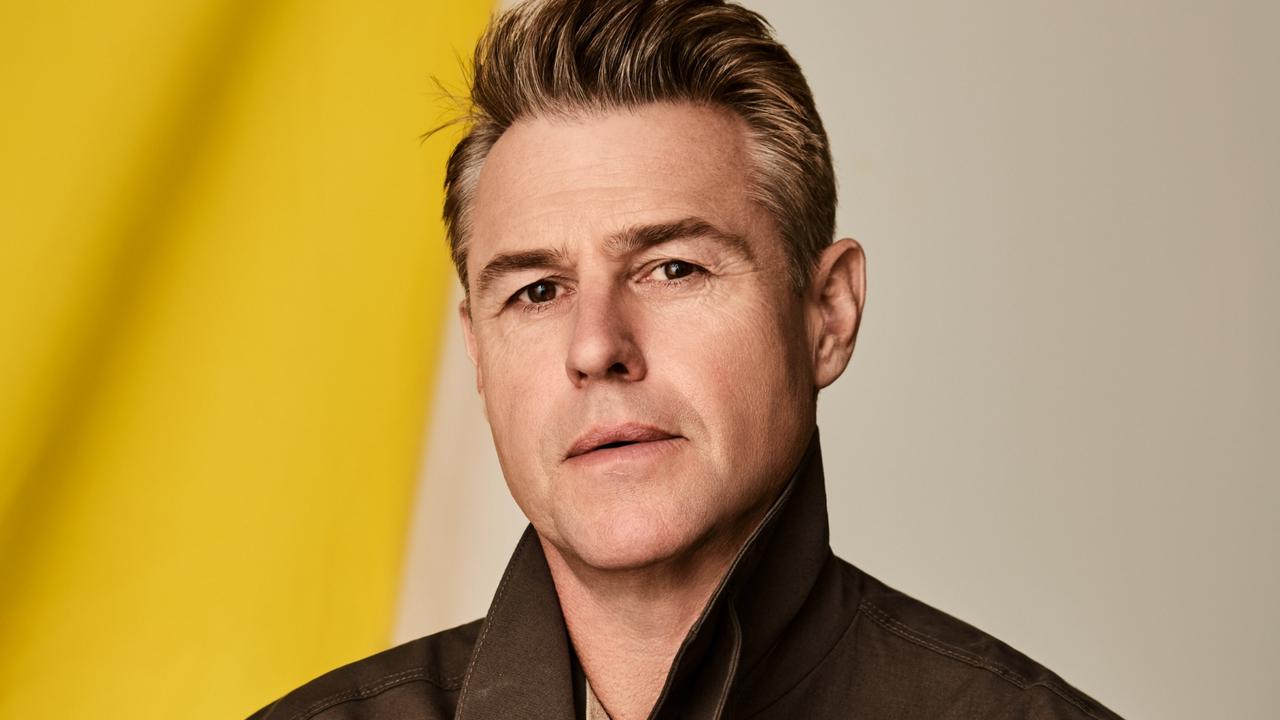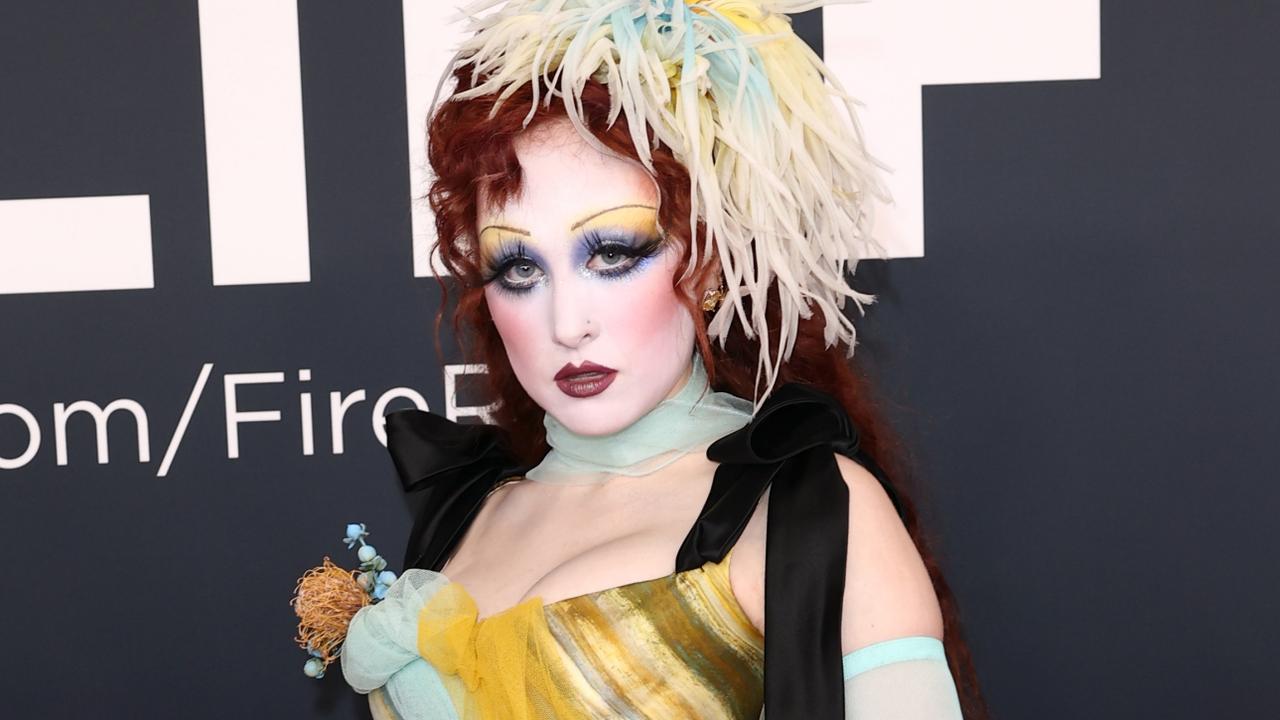‘I’ve got the rest of my life to fall in love but I don’t have the rest of my life to have this baby’: Fifi Box reveals the truth about IVF
In a candid interview, radio host Fifi Box opens up about her decision to become a single mother and to conceive her second baby via a donor.
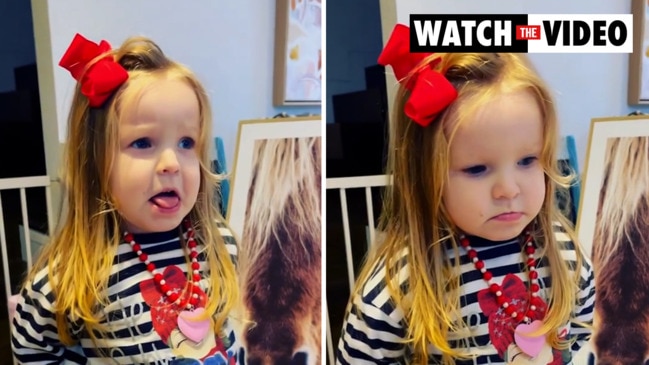
Stellar
Don't miss out on the headlines from Stellar. Followed categories will be added to My News.
On Mother’s Day, popular radio presenter Fifi Box joins her daughters Trixie, 10, and Daisy, 3, for a photo shoot with Stellar as she sits down for a conversation on our podcast Something To Talk About.
With characteristic candour, the 46-year-old discusses her unconventional path to becoming a parent and how and why she came to the decision to build a family as a single mother. Speaking about her choice to undergo IVF, she says: “The one thing we can’t overcome is our body – and particularly our fertility – deteriorating”.
On how she envisions spending Mother’s Day this year: “I have a feeling that [Trixie and Daisy’s] grandparents will be involved in rustling something behind the scenes. Trixie is 10, so she’s at the stage where she’s got minimal skills in the kitchen. She can probably put a piece of toast in the toaster. So I might be getting that. But, look, I’m yet to put any expectations on them. I’ll give them a few more years before I really kick into the proper mum guilt: ‘Come on … do you know what I’ve done for you every other day of the year? This is my day.’”
Listen to Fifi Box on the Something To Talk About podcast wherever you listen to podcasts, or press play here:
On becoming a mother to Trixie, her eldest daughter whose father is Box’s former partner Grant Kenny, and then to youngest daughter Daisy, who was conceived through IVF using a sperm donor: “It wasn’t a quick decision. It really came about because I wanted children. The one thing I probably knew when I was even a young woman or a teenager [was] I want to be a mum one day [but] like so many other women, I was very career focused – out of home at 18, working in regional radio around Australia, then I lived overseas for a bit and came back. Particularly in radio, it really is about climbing the steps to get to where you want to go. The dream of being a Fox FM breakfast host was just pie in the sky; the fact that I got here and I’m actually living [it] … I still pinch myself. But it had to happen with old-fashioned passion, commitment, dedication. I never really looked up to go, where am I at in my biological journey as a woman? And, of course, then I had Trixie, who changed my life.
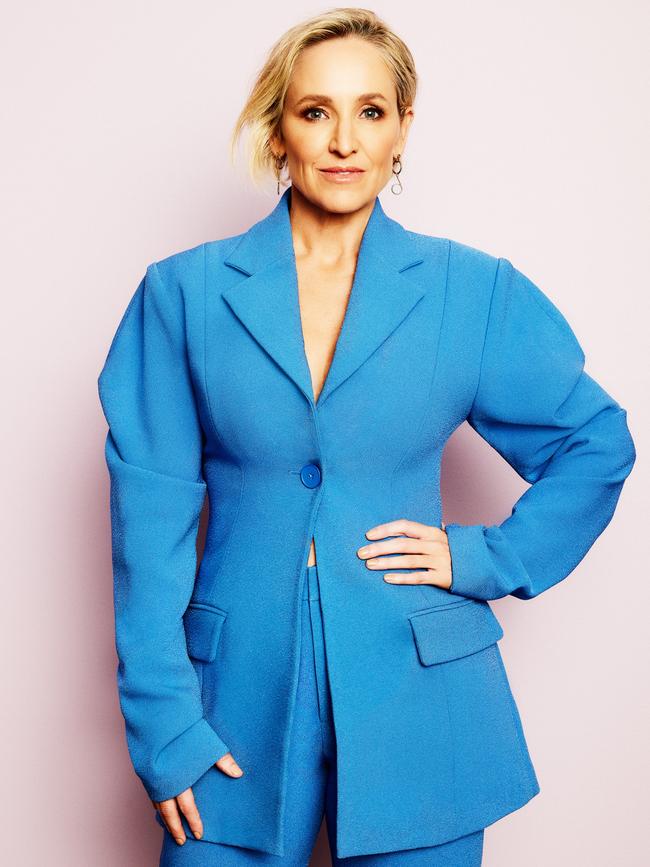
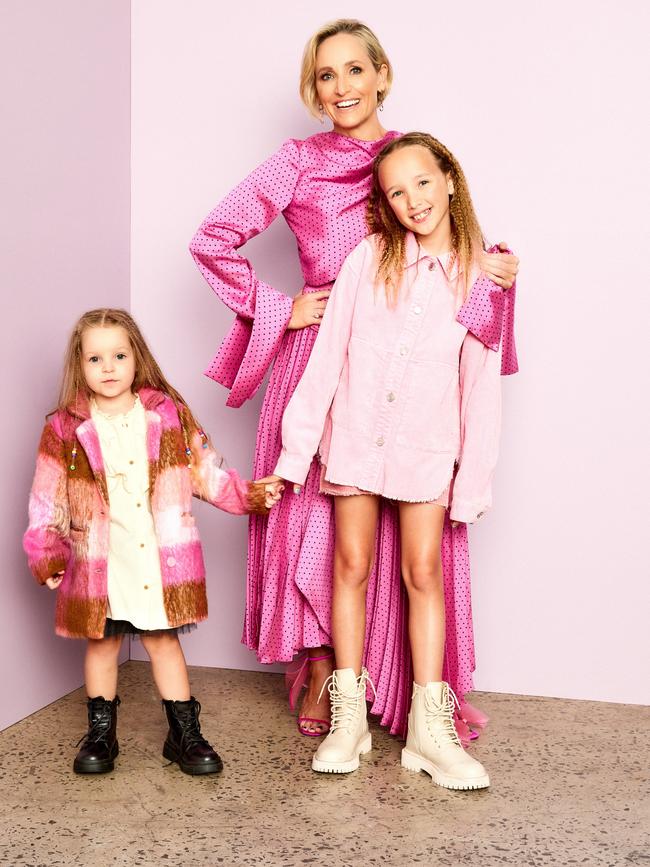
Motherhood is everything. It’s the only thing I really care about. When Trixie was two, and I was 38, 39, I did suddenly go, ‘Hang on a second, I want more children. I’d love that.’ I was faced with what I imagine a lot of women in their mid to late 30s, particularly who are single, are faced with: how is that going to happen? Is now the right time? I now realise that women don’t have the luxury of ‘the right time’ because the first appointment I had with my IVF doctor, I was thinking, I’ve seen Hollywood actresses have babies [in their] mid 40s, I’ve got years up my sleeve. He showed me the graph and said, ‘You’ve got basically a 7 to 9 per cent chance of conceiving.’ It was like a blow to my gut. ‘Oh, this might not happen. I might not have another child.’ So I went down the path of egg retrieval quite quickly.”
On the emotional rollercoaster of IVF: “I did two egg retrievals and I ended up with 30 eggs. So I was like, I’ve nailed this. My body! Well done. But fast forward to the embryo-making process and [they call to say] ‘Out of those 30, we got two embryos.’ And I’m thinking, what did you do to the rest of them? Are you kidding me? Then they give you the factual information: ‘Unfortunately the quality of your eggs, because of your age, is not ideal …’ This is what I wish I had known as a young woman. [Women] think we can have it all, and I love that. That’s something I’ve really embraced. But the one thing we can’t overcome is our body – and particularly our fertility – deteriorating. [IVF is] a really challenging process. When I announced my pregnancy [with Daisy], I was very conscious [mine] was a success story. Even the fact that it was a 7 per cent chance of success and I got my baby … My heart broke because going in and out of the clinic, I’d see women in tears. A nurse would come in, get the box of tissues and take them to the next room. I had a little guilt that I’d had such a successful experience when so many other women were suffering. It’s a tough journey.”
On raising her daughters outside the confines of the traditional “nuclear family”: “You can spend your whole life looking at what other people have. You know, ‘She’s got a dad; I haven’t got one. She’s got a sister; I didn’t get one. Where are my grandparents? They’re not in the picture …’ Or we can look at who we’ve got and who loves us. That, for me, is such strong messaging – particularly for this family I’ve created. That was [a] big ethical dilemma. I imagined if there were critics [of my choices], they’d be saying, ‘Yes, but your daughter doesn’t have a father.’ And I’d counter that by saying she has very strong male role models. I’ve got two brothers; [the girls have got] two very involved uncles. I’ve got male friends who are part of our village. When I was making the decision, I looked around and thought, I have so many friends who have had very varied experiences, very different childhoods. I know friends who are traumatised because of their parents’ break-up and it’s been nothing but trauma for them growing up. Then I had friends who lost a parent, and [experienced] that grief and tragedy. I thought to myself, everybody has something they’re dealing with. I’m going to bring this child into the world; they’re going to know they’re a gift, the biggest gift. And that’s what Daisy is – not just [for] me, for Trixie. We wanted her so badly. If you can bring a child into this world with love, with a commitment to make their life as good as you can and support them in their growth and development … Every child deserves that, regardless of what elements make up a ‘nuclear family’.”
On challenging the narrative that women need to “meet the right man” before starting a family: “People say, ‘Oh, you’re this really empowered single mum and this woman who’s gone and got your career.’ I’m also a hopeless romantic. And that’s the bit that’s sort of missing from that. In my 20s, in my early 30s, I did have a few relationships. But I haven’t met ‘the one’. I don’t even believe in ‘the one’. I know there are lots of ones. But I certainly hadn’t met somebody I felt was a life partner. I’ve been in love, and I could have gone with that feeling, but it never felt right. I have girlfriends in their late 30s and early 40s [who are] dating desperately on apps: ‘I can just quickly find him, then I can have my child …’ To each their own. Even when I was going down the IVF [road] by myself, I was like, there are men I might be interested in, relationships I could be open to. But I also went, ‘You can’t rush into something.’ It was an epiphany. I thought, I’ve got the rest of my life to fall in love but I don’t have the rest of my life to have this baby. So going on that IVF journey to have Daisy became a real priority. Quite literally.”
Catch Fifi Box on Melbourne’s 101.9 The Fox breakfast show Fifi, Fev & Nick, weekdays at 6am-9am; also available to stream on the LiSTNR app.
Listen to the full interview with Fifi Box on Stellar’s podcast, Something To Talk About:



